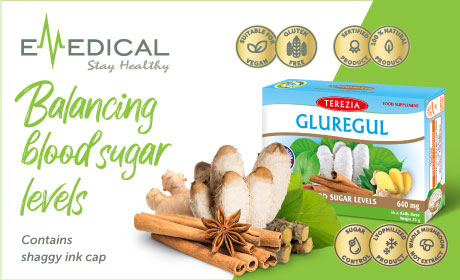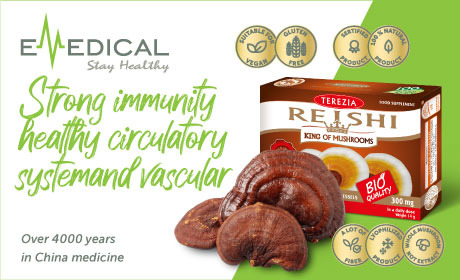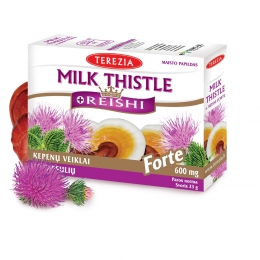No products in the cart.

Liver
The liver is one of the most important organs of human body. The liver regulates most chemical levels in the blood and excretes a product called bile. This helps carry away waste products from the liver. All the blood leaving the stomach and intestines passes through the liver. The liver processes this blood and breaks down, balances, and creates the nutrients and also metabolizes drugs into forms that are easier to use for the rest of the body or that are nontoxic. More than 500 vital functions have been identified with the liver. Some of the more well-known functions include the following:
- Production of bile, which helps carry away waste and break down fats in the small intestine during digestion
- Production of certain proteins for blood plasma
- Production of cholesterol and special proteins to help carry fats through the body
- Conversion of excess glucose into glycogen for storage (glycogen can later be converted back to glucose for energy) and to balance and make glucose as needed
- Regulation of blood levels of amino acids, which form the building blocks of proteins
- Processing of hemoglobin for use of its iron content (the liver stores iron)
- Conversion of poisonous ammonia to urea (urea is an end product of protein metabolism and is excreted in the urine)
- Clearing the blood of drugs and other poisonous substances
- Regulating blood clotting
- Resisting infections by making immune factors and removing bacteria from the bloodstream
- Clearance of bilirubin, also from red blood cells. If there is an accumulation of bilirubin, the skin and eyes turn yellow.
When the liver has broken down harmful substances, its by-products are excreted into the bile or blood. Bile by-products enter the intestine and leave the body in the form of feces. Blood by-products are filtered out by the kidneys, and leave the body in the form of urine.
Subcategories
food-supplements
TEREZIA MILK THISTLE + REISHI 60 CAPSULESDeliver it between Tue 30 and Wed 31







